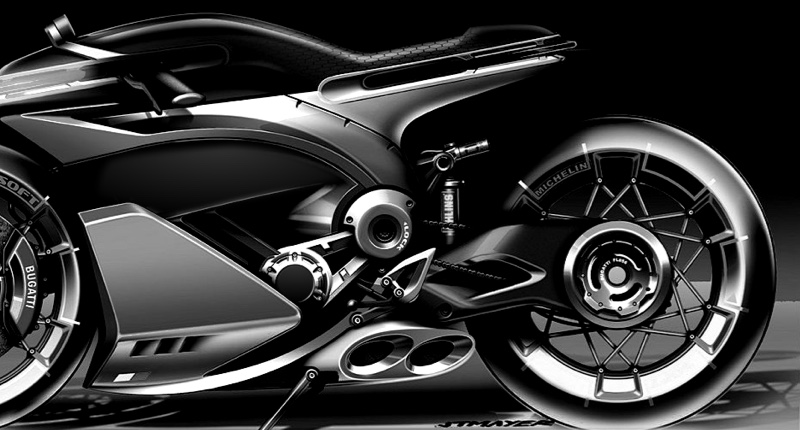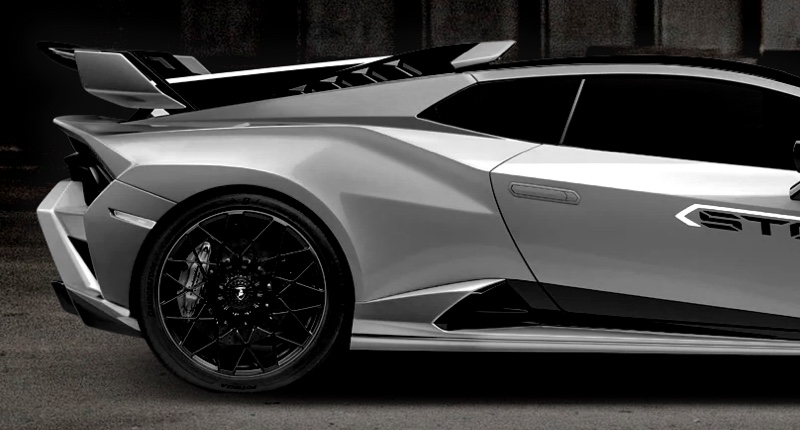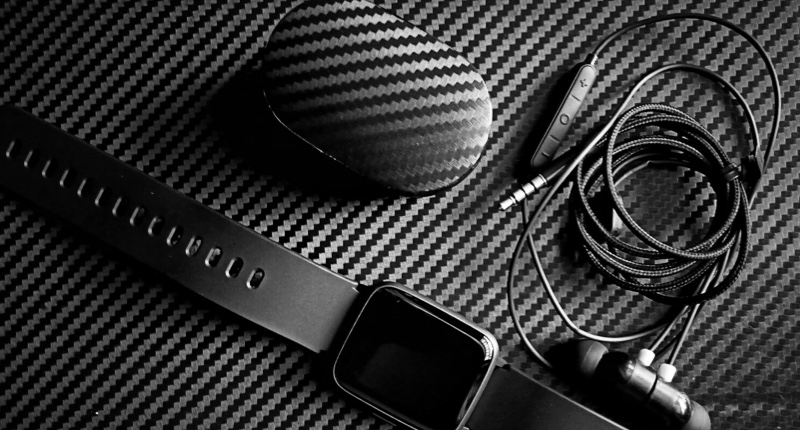How Do You Manufacture Carbon Fiber Parts? | Supreem Carbon
How Do You Manufacture Carbon Fiber Parts?
Welcome to the Supreem Carbon guide on manufacturing carbon fiber parts. As a leader in innovation and quality, we are excited to share our expertise in crafting these advanced components with fellow professionals in the field. we'll walk you through the intricate processes involved, highlighting the materials, techniques, and applications that make carbon fiber parts indispensable across various industries.
Understanding Carbon Fiber
Before diving into the manufacturing process, it's important to understand what carbon fiber is. Known for its high strength-to-weight ratio, carbon fiber consists of extremely thin strands, primarily composed of carbon atoms. These strands are bundled together to form a material that is both lightweight and incredibly strong, finding applications in aerospace, automotive, sports equipment, and beyond.
Materials and Preparation
The journey begins with the selection of top-grade carbon fibers, typically sourced as long strands or tows. These fibers are combined with resins to create pre-impregnated materials, or prepregs, ensuring optimal bonding and rigidity. Proper storage conditions are crucial at this stage to maintain resin quality and fiber integrity.
Cutting and Laying Up
Once the materials are prepared, precision cutting tools are used to shape the carbon fiber layers to match the design specifications. This step requires careful attention to ensure the alignment and direction of fibers, which directly impact the part's strength and performance.
The cut layers are then meticulously laid up on a mold, following a specific sequence tailored to the part's engineering requirements. This process, known as layup, can be manual or automated, depending on the complexity and volume of production.
Curing and Consolidation
Curing is the next crucial step, where heat and pressure are applied to harden the resin and bond the layers of carbon fiber. This is typically done in an autoclave or through out-of-autoclave processes, depending on the part's size and required properties. The consolidation process ensures uniformity and eliminates any voids in the material.
Trimming and Finishing
After curing, the carbon fiber part undergoes trimming to remove excess material, followed by a thorough inspection to ensure adherence to quality standards. Surface treatments like sanding or protective coatings may also be applied to enhance durability and aesthetics.
Quality Control
Supreem Carbon emphasizes rigorous quality control at every stage. Non-destructive testing methods, such as ultrasonic inspections, are employed to detect internal flaws. Each part is checked to confirm it meets design specifications and performance criteria.
Applications
Our carbon fiber parts find applications in numerous sectors. From lightweight panels and components in the automotive and aerospace industries to durable sports equipment and medical devices, the possibilities are endless. The exceptional properties of carbon fiber contribute to improved efficiency, sustainability, and innovation.
Conclusion
At Supreem Carbon, our commitment to excellence in manufacturing carbon fiber parts is unwavering. We hope this guide provides valuable insights into the sophisticated processes that transform raw fibers into high-performance components ready to push industry limits. Whether you’re enhancing automotive performance or pioneering aerospace solutions, understanding carbon fiber manufacturing opens a world of potential.
Let us know your thoughts or questions. We're here to support your journey toward industry excellence with Supreem Carbon.
Best professional carbon fiber phone case manufacturers and supplier brands
Custom Carbon Fibre Parts for Your Project Car by Supreem Carbon

Enhance Your Ride with Custom Carbon Fiber Steering Wheels
Custom carbon fiber hoods Manufacturers and suppliers
For After-sales Service
Do you offer the fitting advice?
Of course! If you have any questions, please contact us on info@supreemcarbon.com.
Do you offer a warranty?
Six month standard warranty on all products. Damage due to installation error or natural elements will not be covered.
For Customized Service
How long does the customized products order take?
This depends on the complexity and mold production cycle of the product. The first sample will be ready in 2-3 weeks after mold finished.
What can be customized in addition to customized carbon fiber parts?
You can customize your company logo, packaging, even the color of coating and so on.
For Products
What is main products for factory?
Supreem carbon mainly produce carbon fiber custom products for automobile and motorcycle accessaries, including the design, develop and manufacturing of appearance parts, interior parts, functional parts, etc. Other carbon fiber custom goods also can produce for you.

BMW S1000R/M1000RR Carbon Fiber Rear Seat Panel
Transform your BMW S1000RR/M1000RR with a premium carbon fiber rear seat upper fairing. Replace the stock plastic for a weight reduction and a sophisticated, racing-inspired aesthetic. This ultra-strong fairing offers superior protection while enhancing your bike's overall look. Choose between a glossy or matte finish for a perfect match.

BMW S1000R Carbon Fiber Rear Undertail
Transform your BMW S1000R with a premium carbon fiber rear seat bottom fairing. Replace the stock plastic for a weight reduction and a sophisticated, racing-inspired aesthetic. This ultra-strong fairing offers superior protection while enhancing your bike's overall look. Choose between a glossy or matte finish for a perfect match.

Yamaha R1 Carbon Fiber Airbox Tank Cover
Introducing the Supreem Carbon Fiber Airbox Tank Cover for Yamaha R1. Crafted with precision and expertise, this tank cover is designed to elevate the performance and aesthetics of your R1. Made from high-quality carbon fiber, this tank cover is not only lightweight but also incredibly durable, providing optimal protection for your motorcycle.

Yamaha R1 Carbon Fiber Side Fairings
Introducing the Supreem Carbon Fiber Long Side Panels for Yamaha R1. Crafted with precision and expertise, this front side fairing is designed to elevate the performance and aesthetics of your R1. Made from high-quality carbon fiber, this fairing is not only lightweight but also incredibly durable, providing optimal protection for your motorcycle.
© 2024 Supreem Carbon All Rights Reserved.





Facebook
Pinterest
LinkedIn
Instagram